Herbal Dry Mouth Sprays

| Key Takeaways |
|---|
| - Dry mouth, or xerostomia, affects around 30% of adults and can lead to various health issues. |
| - Alcohol-based mouthwashes can exacerbate dry mouth, while herbal sprays offer a natural and soothing alternative. |
| - Causes of dry mouth include medications, autoimmune disorders, lifestyle factors, and aging. |
| - Symptoms of dry mouth include a sticky sensation, discomfort with dentures, difficulty speaking and swallowing, bad breath, and a burning mouth sensation. |
| - Herbal dry mouth sprays contain ingredients like aloe vera, chamomile, licorice root, green tea, and peppermint to combat dry mouth triggers. |
| - Aloe vera and chamomile soothe irritated tissues, while licorice root and green tea stimulate saliva production. |
| - Peppermint provides relief and freshens breath. |
| - Choosing the right herbal spray and proper usage are essential for effective dry mouth management. |
Understanding the Causes and Symptoms of Dry Mouth
Dry mouth, clinically known as xerostomia, is a common condition affecting nearly 30% of adults. It leaves the mouth feeling parched and can lead to various discomforts and health complications. While alcohol-based mouthwashes may appear to be a solution, they often worsen the condition. Herbal, natural dry mouth sprays, on the other hand, provide a nourishing and non-drying alternative.
Causes of Dry Mouth
Several factors can trigger dry mouth, including:
- Medications: Daily medications for conditions like diabetes, hypertension, allergies, and depression can reduce saliva production.
- Autoimmune Disorders: Conditions like Sjogren’s syndrome directly impact moisture-producing salivary glands.
- Cancer Treatments: Many cancer treatments leave patients with persistent dry mouth side effects.
- Oral Hygiene: Poor oral hygiene can lead to chronic dry mouth.
- Lifestyle Factors: Dehydration from insufficient fluid intake, mouth breathing, and tobacco use can contribute. As we age, our saliva production naturally decreases, facilitating dry mouth.
Symptoms of Dry Mouth
Signs that you may be experiencing dry mouth include:
- A sticky, cotton-like sensation in the mouth.
- Discomfort with dentures, which may feel loose.
- Difficulty speaking and swallowing.
- Bad breath and chapped lips.
- A burning mouth sensation, especially when consuming certain foods.
The Soothing Promise of Herbal Dry Mouth Spray
Herbal dry mouth sprays harness the power of plant-based ingredients to provide relief at the source. These alcohol-free formulas offer natural lubrication and long-lasting moisture without side effects. They are available in convenient travel sizes, making it easy to combat dry mouth anywhere, anytime.
Herbal Ingredients in Action: Soothing and Stimulating Dry Mouth Relief
Let's delve into some of the key botanical ingredients found in herbal dry mouth sprays and how they work to alleviate dry mouth symptoms:
| Ingredient | Benefits |
|---|---|
| Lemon Oil | - Refreshing and uplifting aroma - Mood-enhancing properties - Natural antibacterial and antiseptic qualities - Saliva stimulation |
| Aloe Vera | - Immediate relief by retaining moisture - Antimicrobial properties - Anti-inflammatory for healing oral tissues |
| Chamomile | - Anti-inflammatory and anesthetic properties - Speeds up wound closure - Reduces swelling and sensitivity |
| Liquorice Root | - Stimulates anti-inflammatory hormones - Increases saliva secretion - Combats inflammation in chronic dry mouth |
| Green Tea | - Rich in antioxidants, particularly EGCG - Preserves saliva production - Encourages saliva secretion |
| Peppermint Oil |
- Produces a cooling sensation - Stimulates salivary glands - Freshens breath - Uplifting aroma |
| Ginger |
- Known for its anti-inflammatory properties |
Lemon Oil
In the realm of dry mouth relief, the invigorating qualities of lemon oil should not be underestimated. Natural lemon oil, derived from the zest of this citrus fruit, can offer a burst of refreshment to those battling the discomfort of dry mouth. Its bright and zesty aroma can help stimulate the senses, stimulate saliva and potentially alleviating the sensation of a parched mouth. Furthermore, lemon oil's natural antibacterial properties can be beneficial for maintaining oral hygiene, which is crucial for dry mouth sufferers.
Incorporating products infused with natural lemon oil into your daily routine can provide a refreshing and soothing experience, offering a hint of citrusy relief amidst the challenges of dry mouth.

Aloe Vera
Aloe Vera, derived from the succulent plant, contains a clear gel rich in enzymes, vitamins, and minerals. It offers multiple benefits for oral health, including antimicrobial properties against common oral bacteria. Aloe vera's anti-inflammatory properties can help heal mouth ulcerations and irritation caused by dentures or dryness. It provides immediate dry mouth relief by coating oral tissues and retaining existing moisture.

Chamomile
Chamomile, a tiny yet potent flower, possesses anti-inflammatory, anaesthetic, and free radical-scavenging properties. It accelerates wound closure, making it effective for treating mouth ulcers, gum inflammation, and tissue damage. German chamomile extract reduces swelling and sensitivity, offering immediate relief from dry mouth. Its subtle herbal flavour adds a pleasant botanical essence to the spray.

Liquorice Root
Liquorice root contains glycyrrhizin, a compound that stimulates anti-inflammatory hormones in the body and oral mucosa. It wards off damaging inflammation associated with chronic dry mouth and gum disease. Glycyrrhizin may also motivate salivary glands to increase saliva secretion, helping combat dryness.

Green Tea
Green tea is rich in antioxidants, particularly epigallocatechin gallate (EGCG), which neutralizes free radicals generated by inflammation in salivary glands. Research suggests that EGCG can preserve saliva production by blocking pro-inflammatory pathways. Green tea also encourages saliva secretion, providing additional moisture.

Peppermint
Peppermint oil offers relief to chronic dry mouth sufferers by producing a cooling sensation. Menthol, its active constituent, stimulates cold-sensitive nerve endings, prompting salivary glands to produce more saliva. This extra moisture, combined with the minty freshness, alleviates dry mouth symptoms.
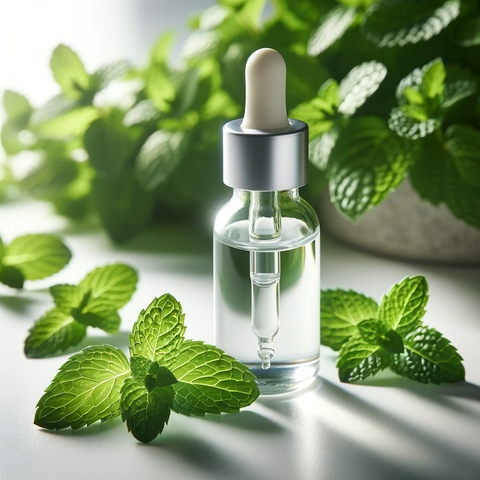
Ginger Extract
Ginger, with its aromatic and spicy profile, is another remarkable ingredient often found in herbal dry mouth sprays. Its natural properties offer valuable benefits for those seeking relief from dry mouth discomfort. Ginger is known for its anti-inflammatory properties, which can help soothe irritated oral tissues. Check our home-made ginger spray recipe here.

Tips for Choosing and Using Your Herbal Spray
Before selecting a herbal dry mouth spray, consider your individual symptoms and needs. Do you require around-the-clock moisture or occasional relief for sporadic episodes? Flavour preference? Choose sprays with simpler, recognisable ingredients over complex formulas.
| Tips for Choosing and Using Your Herbal Spray |
|---|
| - Assess your symptoms and needs before selecting a herbal dry mouth spray. |
| - Determine if you require constant moisture or occasional relief for sporadic episodes. |
| - Opt for sprays with simpler, recognisable ingredients rather than complex formulas. |
| - Consider seeking professional guidance, especially if you have severe dry mouth. |
| - Proper storage and usage are essential for maximizing the spray's efficiency. |
| - Avoid exposing the bottle to direct light or extreme temperatures. |
| - Shake the container before use to evenly distribute ingredients. |
| - Spray directly into the mouth, targeting dry areas such as the tongue, cheeks, and throat. |
| - Follow recommended usage instructions, often suggesting two sprays every few hours, up to five times a day, unless advised otherwise. |
| - Staying hydrated and maintaining good oral hygiene are crucial for effectively managing dry mouth. |
Herbal Help for Dry Mouth Discomfort
If you constantly battle inconvenient dry mouth, herbal sprays offer welcome relief with regular use. These alcohol-free formulas, containing natural botanicals that hydrate tissues, reduce inflammation, stimulate saliva, and freshen breath, promote oral comfort without side effects.
Keep a bottle on hand to banish dry mouth wherever and whenever it strikes. Alongside proper hydration and oral care, herbal sprays can help manage mild to moderate dry mouth and provide moments of sweet, soothing relief throughout the day. Natural Dry Mouth Sprays are available online, in local pharmacies or you can make your own from home!
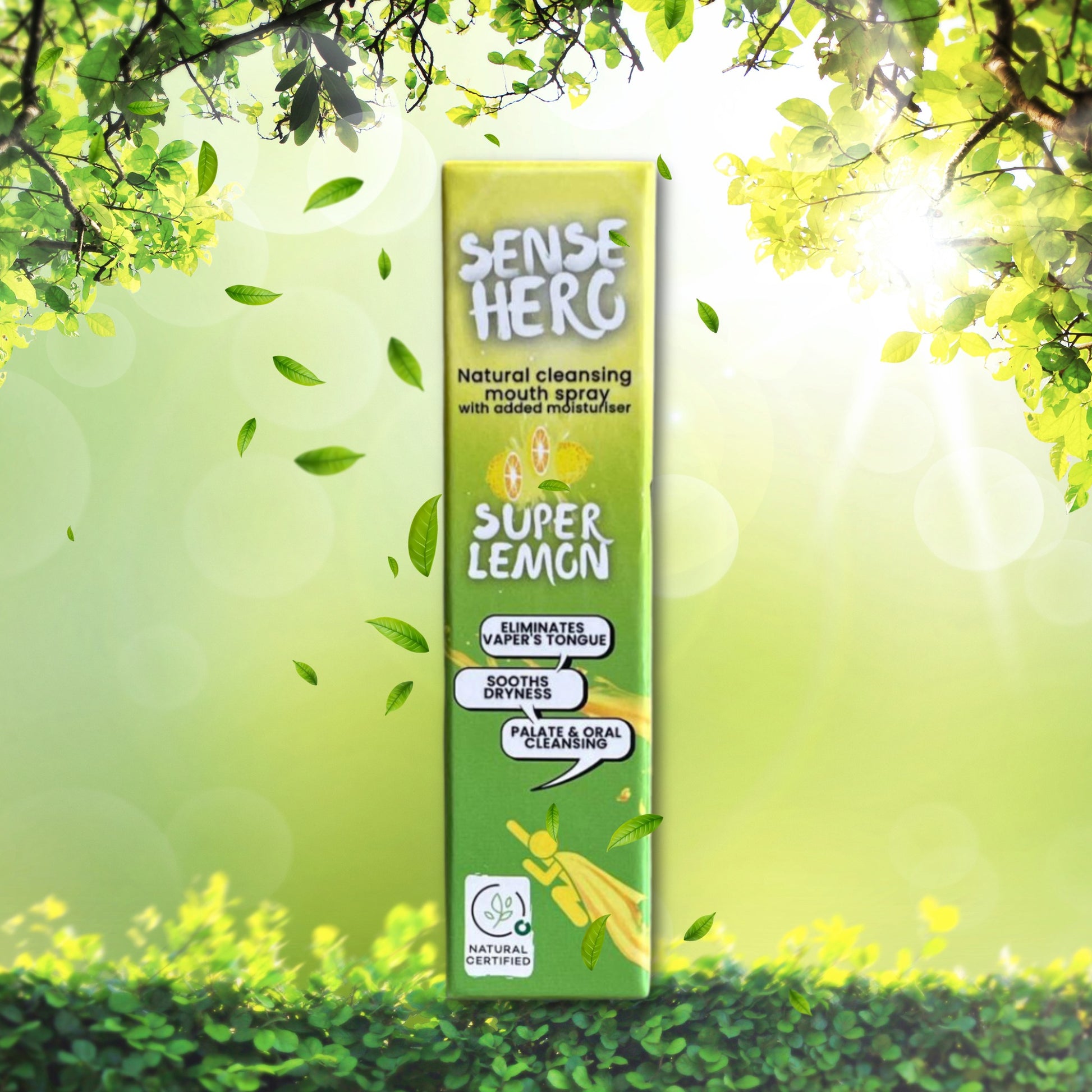
Sense Hero
Sense Hero mouth Spray UK: Quick Fix for Dryness, Vapers Tongue and Palate Cleansing
View full details

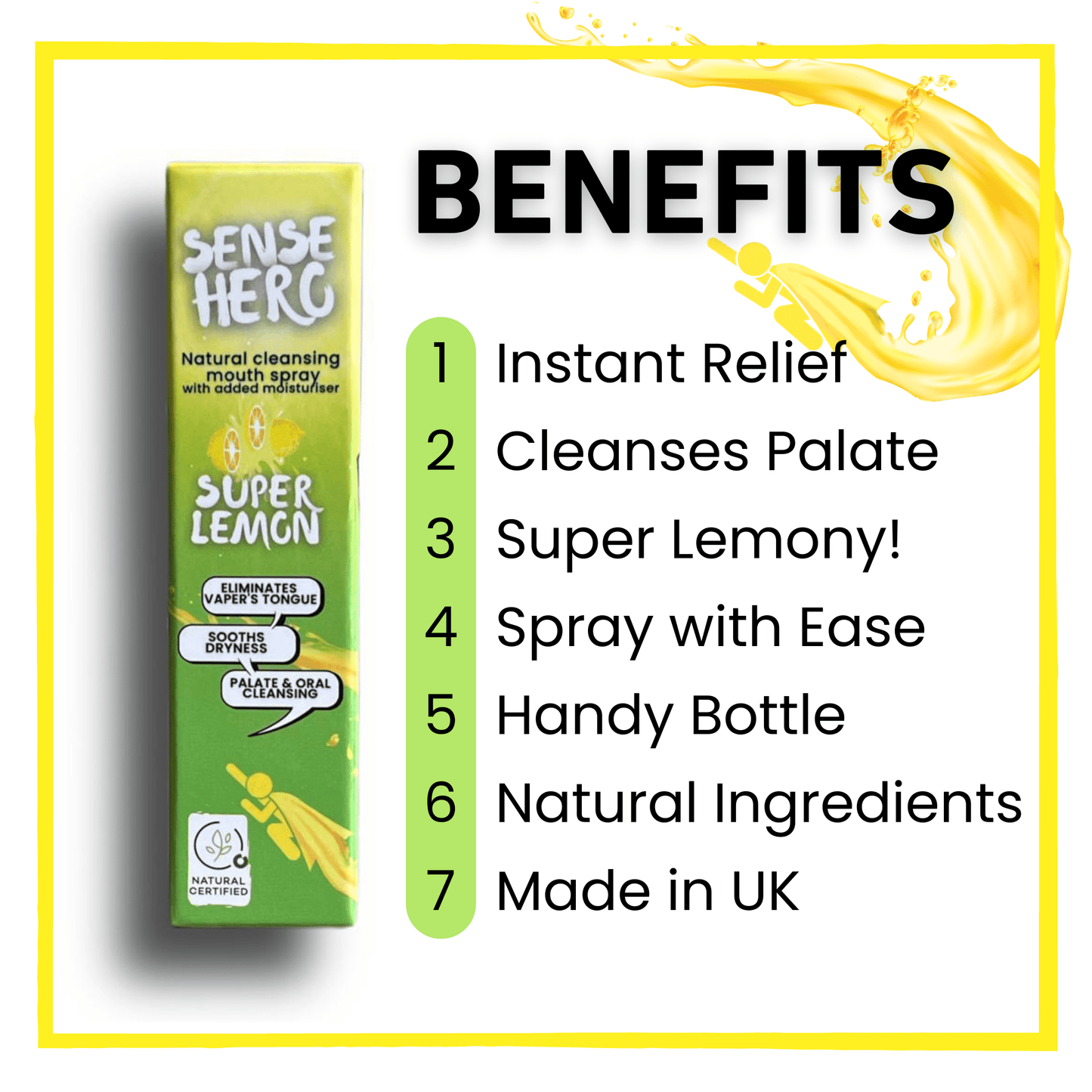
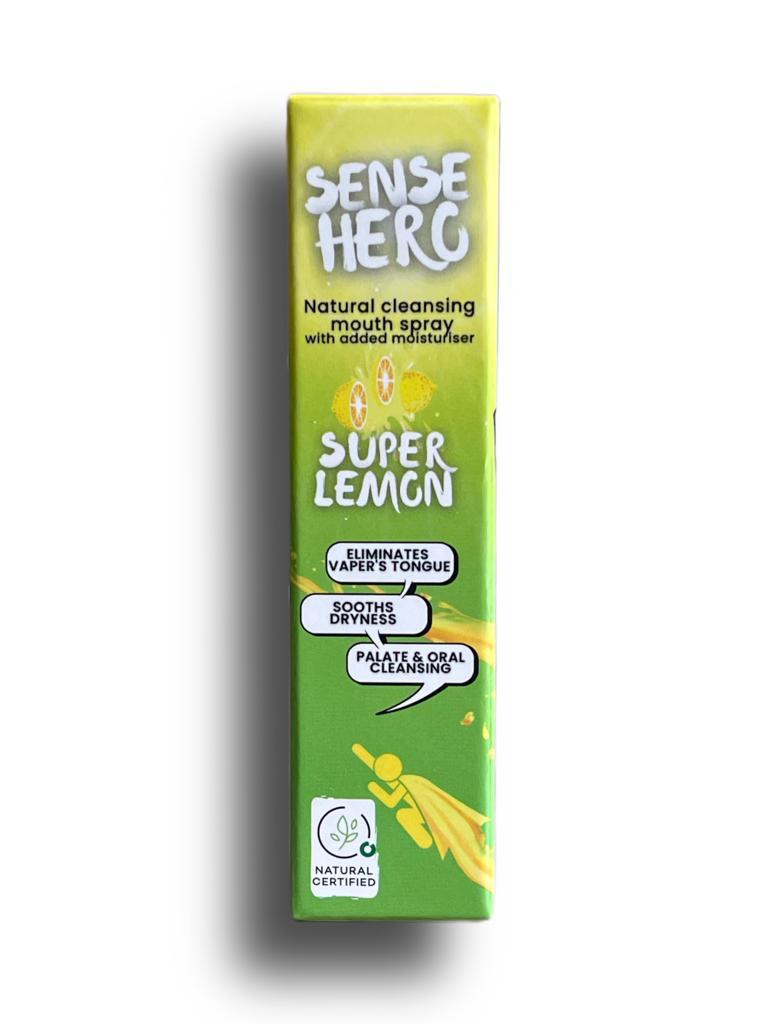
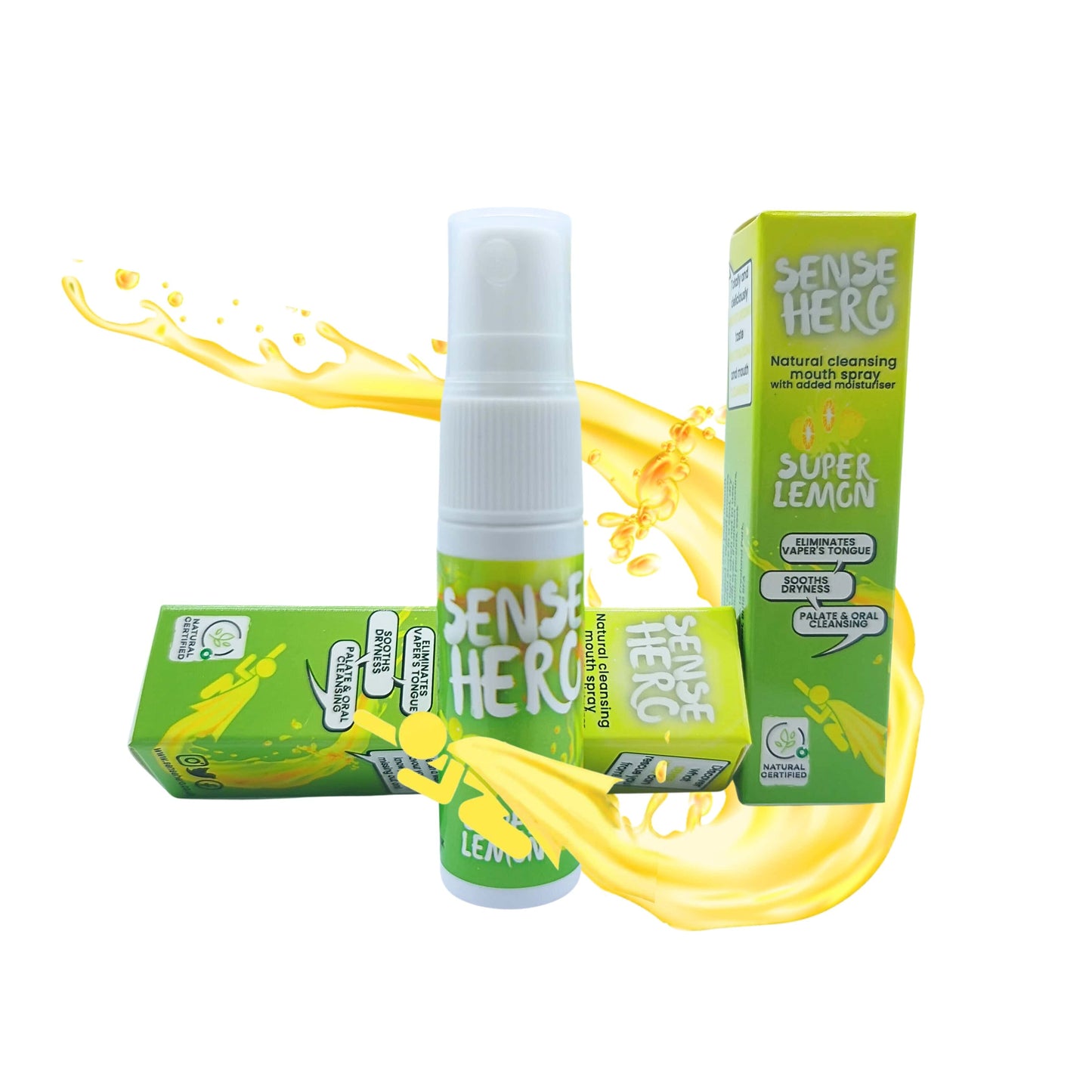
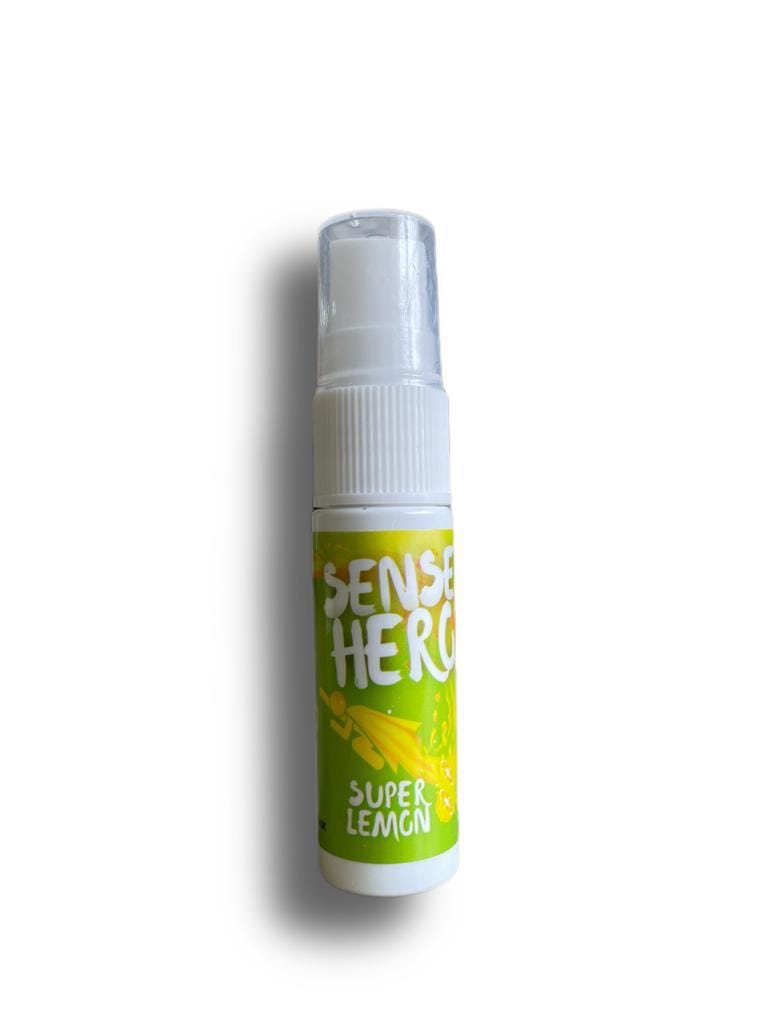
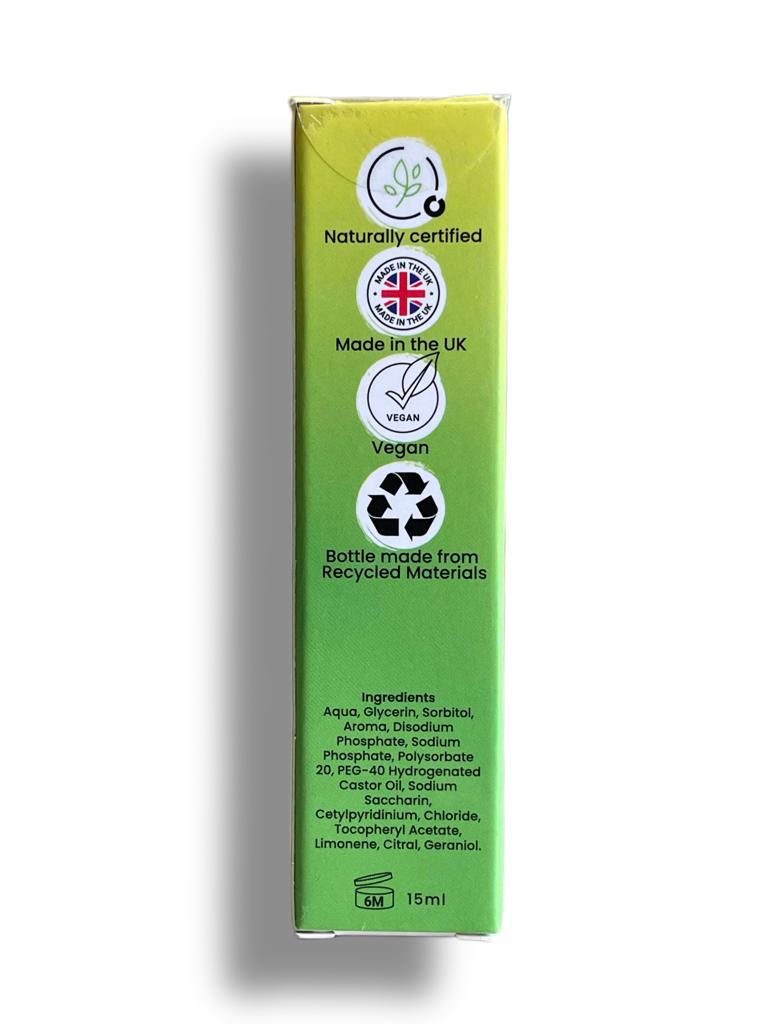

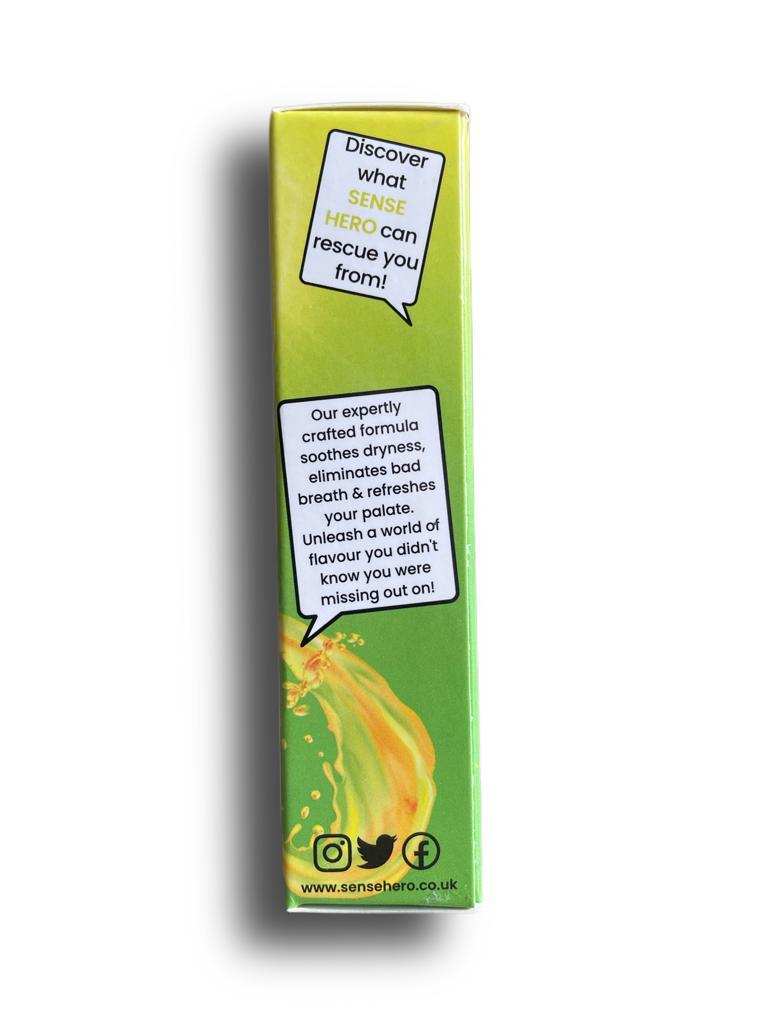
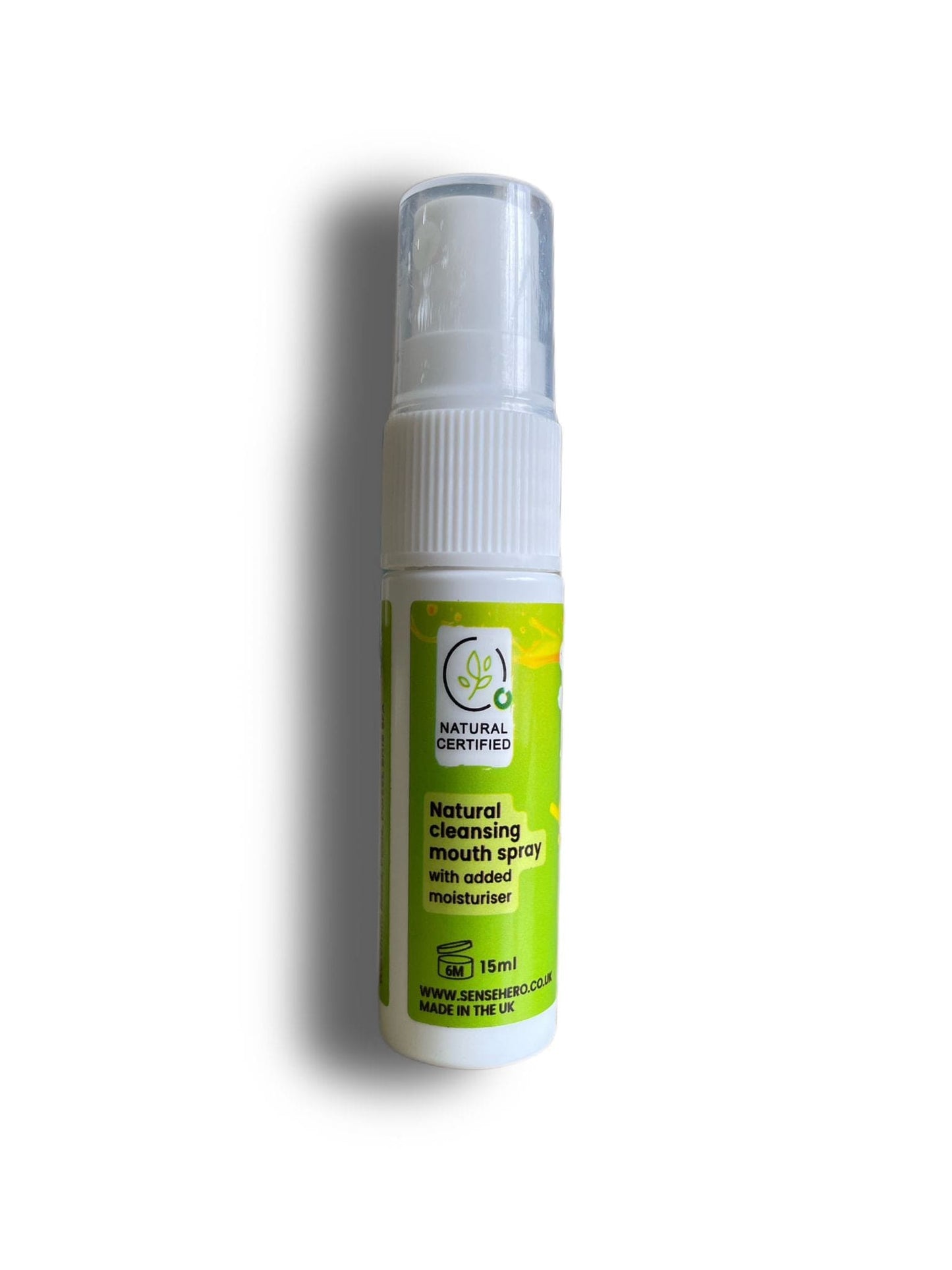

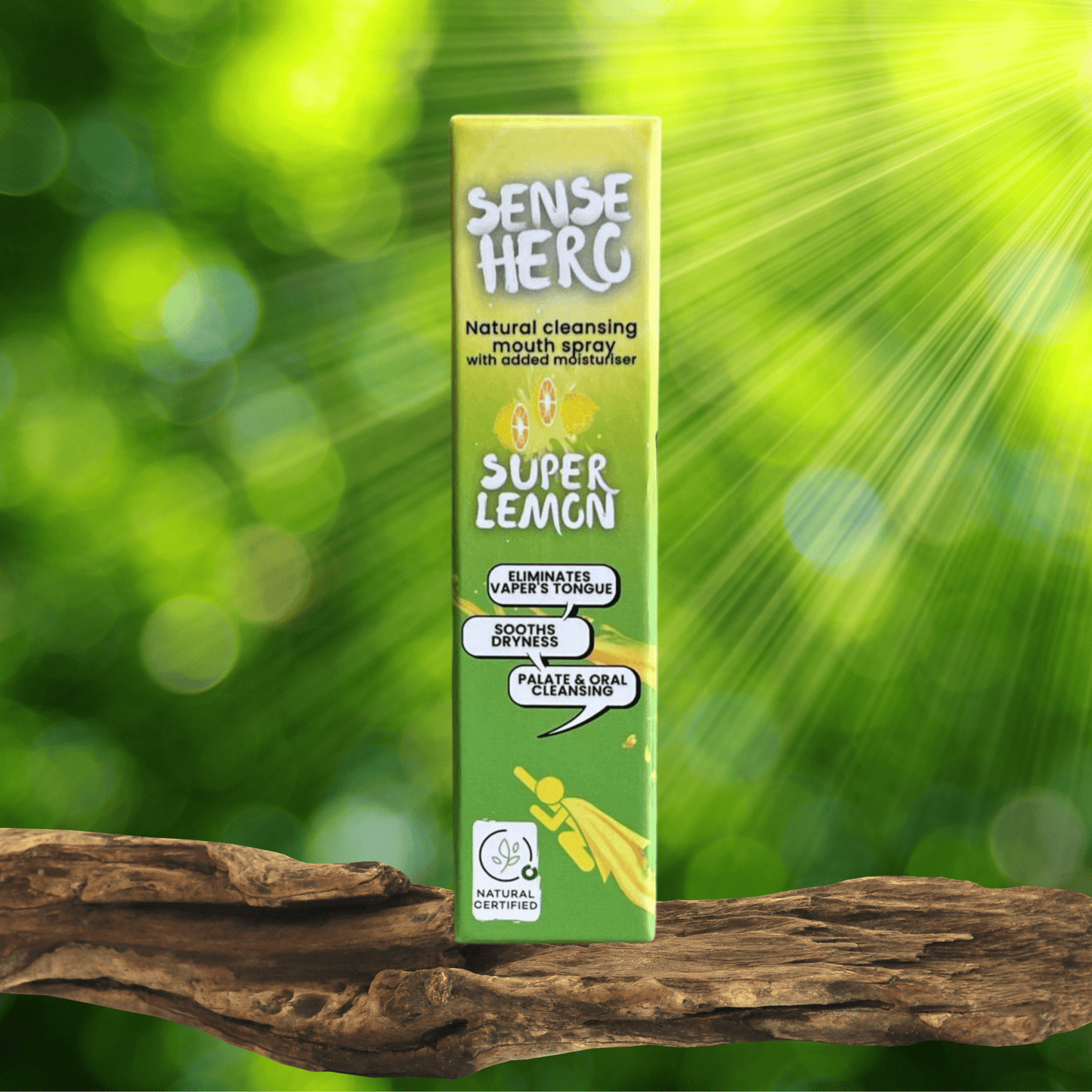
Sense Hero spray is not a medicinal product and is not intended to diagnose, treat, cure, or prevent any disease. Sense Hero Spray is designed for personal comfort.

